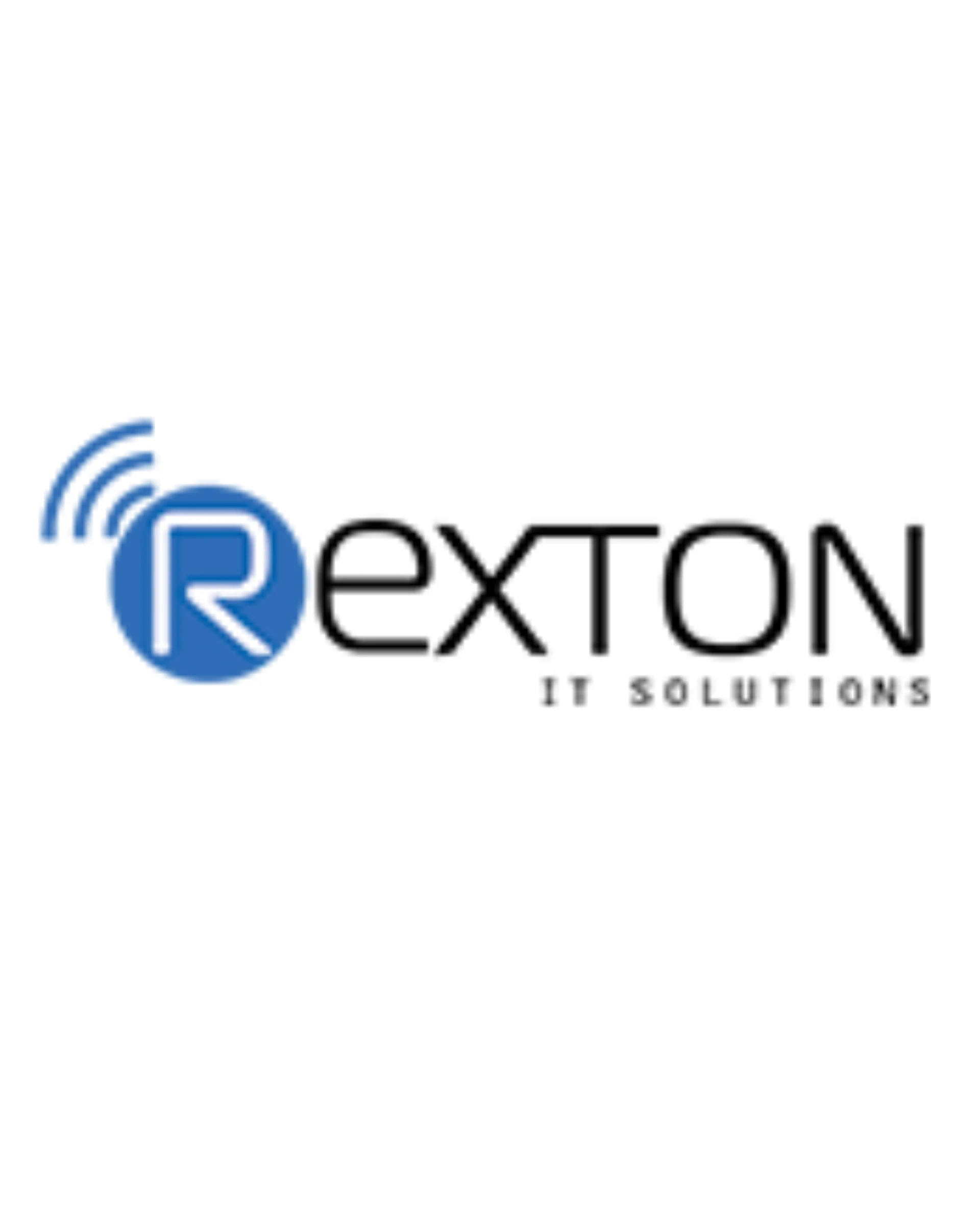The Microsoft Certified Solutions Associate (MCSA) certification has long been a cornerstone for IT professionals aiming to validate their skills in Microsoft technologies. As the IT landscape evolves with advancements in cloud computing, artificial intelligence, and cybersecurity, the relevance and future trajectory of the MCSA course are worth exploring. This blog delves into the current state of the MCSA, its projected future, and how it fits into the broader IT certification ecosystem, aiming for high readability to engage a wide audience.
Understanding the MCSA Certification
The MCSA is a mid-level certification offered by Microsoft, designed to demonstrate proficiency in various Microsoft products and solutions, such as Windows Server, SQL Server, and Office 365. It serves as a stepping stone for IT professionals, from system administrators to database analysts, seeking to establish expertise in managing Microsoft-based environments. Historically, the MCSA has been a popular choice due to its focus on practical, job-relevant skills and its role as a prerequisite for advanced certifications like the Microsoft Certified Solutions Expert (MCSE).
However, in 2020, Microsoft announced significant changes to its certification portfolio, retiring many role-based certifications, including certain MCSA tracks, in favor of newer, cloud-focused certifications like Microsoft Certified: Azure Administrator Associate and Microsoft 365 Certified: Enterprise Administrator Expert. Despite this shift, the MCSA remains relevant for professionals working with on-premises infrastructure or hybrid environments, and its future projection depends on several key factors.
The Shift to Cloud and Hybrid Environments
The IT industry is undergoing a seismic shift toward cloud computing, with platforms like Microsoft Azure leading the charge. This transition has prompted Microsoft to prioritize certifications that align with cloud-based technologies. While the MCSA certifications for Windows Server 2016 and SQL Server 2016, for instance, were retired, the knowledge and skills they impart remain valuable in hybrid environments where on-premises servers coexist with cloud solutions.
Organizations worldwide continue to rely on hybrid infrastructures due to security concerns, legacy systems, or cost considerations. For example, industries like finance and healthcare often maintain on-premises servers for sensitive data while integrating cloud services for scalability. As a result, professionals with MCSA certifications, particularly in Windows Server, are still in demand to manage these hybrid setups. The future of MCSA lies in its adaptability to bridge the gap between traditional IT and modern cloud ecosystems.
Demand for MCSA Skills in the Job Market
The job market provides insight into the ongoing relevance of MCSA. Roles such as system administrator, network engineer, and IT support specialist frequently list MCSA as a preferred or required certification. According to data from job boards like Indeed and LinkedIn (as of 2025), positions involving Windows Server administration or SQL Server management often value MCSA credentials, even if newer Azure or Microsoft 365 certifications are gaining traction.
The global IT services market, projected to reach $1.8 trillion by 2027, underscores the need for skilled professionals who can manage both legacy and modern systems. Small and medium-sized enterprises (SMEs), in particular, rely on MCSA-certified professionals to maintain cost-effective on-premises solutions while gradually adopting cloud technologies. This sustained demand suggests that the MCSA will remain relevant for at least the next 5–10 years, particularly in regions with slower cloud adoption rates.
The Role of Legacy Systems
Legacy systems are a significant factor in the MCSA’s future. Many organizations continue to operate Windows Server 2016 or earlier versions due to compatibility requirements or budget constraints. For these companies, MCSA-certified professionals are essential for maintaining and securing these systems. While Microsoft encourages migration to Azure, the reality is that full cloud adoption is not feasible for all businesses immediately. This creates a sustained need for MCSA expertise in managing and upgrading legacy infrastructure.
Moreover, the skills acquired through MCSA training—such as Active Directory management, network configuration, and database administration—are transferable to cloud-based roles. For instance, understanding Windows Server fundamentals aids in mastering Azure Active Directory or hybrid identity solutions. This transferability ensures that MCSA remains a valuable foundation for IT professionals transitioning to cloud certifications.
Competition from New Certifications
The rise of cloud-focused certifications poses a challenge to the MCSA’s prominence. Microsoft’s newer certifications, such as Microsoft Certified: Azure Administrator Associate or Microsoft 365 Certified: Modern Desktop Administrator Associate, are tailored to current industry trends like cloud computing and remote work. These certifications are often perceived as more “future-proof” due to their alignment with emerging technologies.
However, the MCSA retains an edge for professionals targeting roles in organizations with established Microsoft ecosystems. For example, an MCSA in SQL Server is still highly relevant for database administrators working with on-premises or hybrid SQL deployments. Additionally, the MCSA’s broad applicability across various Microsoft products makes it a versatile credential compared to the more specialized nature of newer certifications.
The Impact of Emerging Technologies
Emerging technologies like artificial intelligence (AI), machine learning (ML), and cybersecurity are reshaping the IT certification landscape. While the MCSA does not directly cover these areas, its foundational knowledge supports professionals pursuing advanced certifications in these fields. For instance, an MCSA in Windows Server provides a strong base for learning about securing cloud environments or managing AI workloads on Azure.
Cybersecurity, in particular, is a growing concern, with the global cost of cybercrime expected to reach $10.5 trillion annually by 2025. MCSA-certified professionals with expertise in securing Windows Server environments are well-positioned to address these challenges, especially in hybrid setups where vulnerabilities can arise from misconfigured servers. As organizations prioritize security, the MCSA’s focus on server management and network security will continue to hold value.
The Future Outlook for MCSA
Looking ahead, the MCSA’s future projection hinges on its ability to remain relevant in a cloud-dominated world. While Microsoft has shifted its focus to Azure and Microsoft 365 certifications, the MCSA’s role in hybrid and on-premises environments ensures its continued utility. Here are some key predictions for its trajectory:
- Sustained Demand in Hybrid Roles: As long as organizations maintain hybrid infrastructures, MCSA skills will be in demand. Professionals with MCSA certifications can serve as a bridge between legacy and cloud systems, making them valuable assets.
- Foundation for Advanced Certifications: The MCSA will continue to act as a stepping stone for advanced certifications like the MCSE or Azure-focused credentials. Its foundational knowledge is a springboard for career growth.
- Regional Relevance: In regions with slower cloud adoption, such as parts of Asia, Africa, and Latin America, the MCSA will remain a sought-after credential due to the prevalence of on-premises infrastructure.
- Evolving Training Content: Training providers may update MCSA courses to include more cloud integration, ensuring the certification evolves with industry needs. For example, future MCSA tracks could emphasize hybrid cloud management or security best practices.
- Lifelong Learning: The IT industry values continuous learning. Professionals with MCSA certifications are encouraged to upskill with cloud-based certifications to stay competitive, leveraging their existing knowledge as a foundation.
Conclusion
The MCSA certification, while no longer the centerpiece of Microsoft’s certification portfolio, remains a valuable credential for IT professionals in 2025 and beyond. Its focus on on-premises and hybrid environments ensures its relevance in organizations that have not fully transitioned to the cloud. As the IT industry evolves, the MCSA’s foundational skills will continue to support career growth, particularly for those pursuing roles in system administration, database management, or network engineering.
For aspiring IT professionals, the MCSA offers a practical entry point into the Microsoft ecosystem, with skills that are transferable to cloud-based roles. While newer certifications like those for Azure and Microsoft 365 are gaining prominence, the MCSA’s enduring value lies in its versatility and applicability to real-world IT challenges. By staying adaptable and complementing MCSA with cloud-focused learning, professionals can future-proof their careers in an ever-changing industry.


